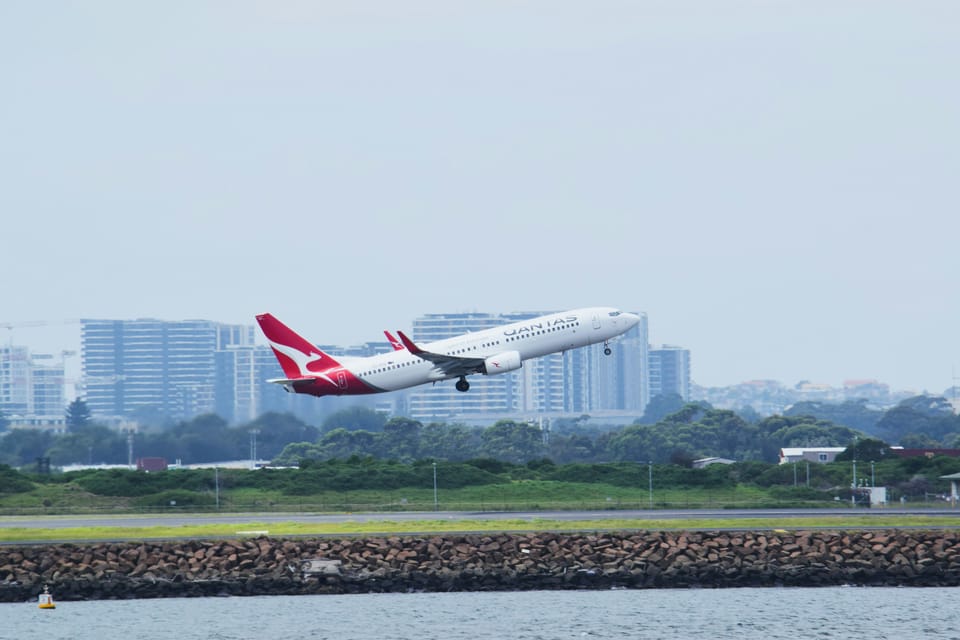Qantas, Rio Tinto and BHP fund Australian carbon credit initiative

Australia-based airline Qantas and mining companies Rio Tinto and BHP have invested A$80 million into a new initiative to develop high-integrity nature-based carbon credits in the country.
The Silva Carbon Origination Fund is managed by Silva Capital – a joint venture between investment managers Roc Partners and C6 Investment Management – and aims to raise A$250 million to develop projects generating government-approved high-integrity carbon credits on agricultural land.
Australian carbon market and ACCUs
In Australia, the government selects eligible projects to generate Australian Carbon Credit Units (ACCUs), a type of carbon offset that’s tradable within the mandatory carbon market (similar to EU allowances in the European Union), as well as on the voluntary carbon market.
ACCUs can be used to offset excess emissions under the Safeguard Mechanism, which requires Australia’s highest greenhouse gas emitters – including Qantas, Rio Tinto and BHP – to cut their emissions in line with the country’s reduction targets (43% below 2005 levels by 2030 and net zero by 2050).
But like most carbon credit schemes, ACCUs have been the target of criticism, with former government officials claiming that up to 80% of offsets generated do not bring significant carbon benefits.
High-integrity agricultural carbon credits
To increase the integrity of the Australian market, the Silva Carbon Origination Fund will invest in domestic agricultural land to develop large-scale carbon sequestration projects by reforesting cleared areas, all the while maintaining farming productivity.
Brad Mytton, Silva Capital Co-Managing Director said: "Sustainable agriculture is at the forefront of our investment strategy. With the Silva Carbon Origination Fund, we aim to create a portfolio of mixed farming land with significant canopy cover, generating a large volume of high-integrity carbon credits. The Fund has been designed to appeal to both corporate investors seeking to access carbon credits and institutional investors seeking portfolio diversification, ensuring that we can maximise the volume of capital invested into the sector, capital which is needed to enable Australia to meet its decarbonisation targets.”
Regenerative agriculture practices have been shown to lower emissions and improve agricultural yields at companies like ADM and PepsiCo.
Australian firms diversify decarbonisation strategies
For Qantas, Rio Tinto and BHP, the investment represents a diversification of decarbonisation strategies. The airline created a A$400 million climate fund last year to invest in sustainable aviation fuel (SAF) and other low-carbon technologies – including the new carbon credit initiative.
Qantas Chief Sustainability Officer Andrew Parker said: “Alongside our investments in other technologies like sustainable aviation fuel, high-integrity carbon projects will play a critical role to help us progress our climate targets as aviation continues to be a difficult sector to decarbonise.”
Meanwhile, the two Australian miners have invested heavily in renewable energy to power their operations: in 2023, BHP sourced 67% of its energy needs from renewables and achieved an 11% reduction in Scope 1 and 2 emissions; while Rio Tinto has so far cut operational emissions by 5.5%.
BHP Vice President of Climate Graham Winkelman said: “BHP is actively pursuing structural GHG emission abatement from our operations to meet our FY2030 target, but we anticipate a role for carbon credits as part of achieving our 2050 goal for net zero Scope 1 and Scope 2 GHG emissions from our operations, and to meet compliance obligations under the Safeguard Mechanism Act.”







Member discussion